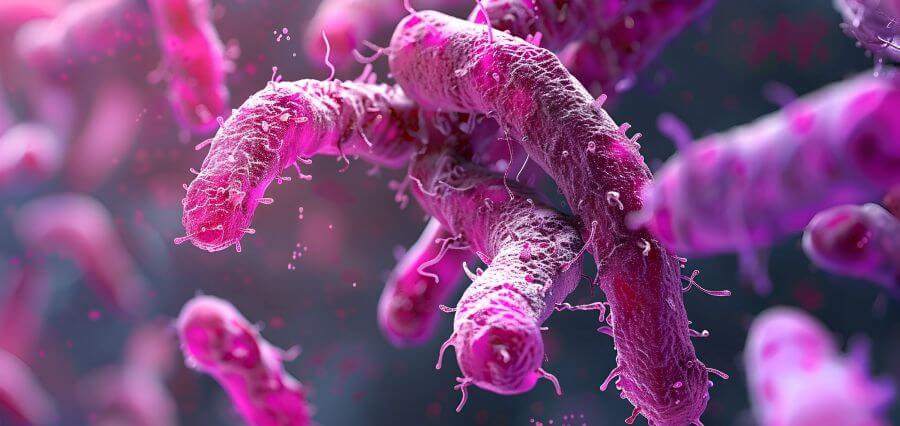Alcohol isn’t exactly beneficial for our health, and as we age, its impact becomes more significant. One expert has identified the optimal time to cease alcohol consumption entirely, particularly for mitigating the risk of Alzheimer’s disease. If you’ve been contemplating cutting back on alcohol for health reasons, this information might resonate with you.
Excessive alcohol consumption has been linked to an increased risk of dementia, as indicated by research from the Alzheimer’s Society. Drinking is associated with a reduction in white matter in the brain, which can impair normal brain function. Dr. Richard Restak, the author of “How to Prevent Dementia: An Expert’s Guide to Long-Term Brain Health,” has elucidated how alcohol can adversely affect brain function, referring to it as a “direct neurotoxin.”
A neurotoxin is a substance that can damage or impair the functioning of the nervous system. Considering the potential harm caused by alcohol consumption, Dr. Restak has recommended a specific age at which individuals should contemplate permanently abstaining from drinking.
“Ask yourself, ‘why do I drink? ‘ If the answer is ‘because alcohol helps me to elevate my mood and lower my anxiety,’ you may be at some peril, and it’s probably best to stop altogether,” he wrote. “I strongly suggest that if you are 65 years old or older, that you completely and permanently eliminate alcohol from your diet.”
A particular kind of dementia is associated with excessive alcohol drinking. According to Dementia UK: “Alcohol-related brain damage (also known as alcohol-related brain impairment) is caused by drinking alcohol excessively over a long period of time.”Numerous factors, such as a shortage in vitamin B1 (thiamine), head trauma, alcohol’s harmful effects on nerve cells, and blood vessel damage, might contribute to it.”
You can prevent alcohol-related brain damage by cutting back on your alcohol intake to no more than 14 units per week, spaced out across at least three days. Additional important variables include stress management, eating a healthy diet, quitting smoking, boosting physical activity and mental stimulation, and managing weight, blood pressure, and cholesterol.
Read More: Click Here





